Juan Carlos Tabío
Birth : 1943-09-03, Havana, Cuba
Death : 2021-01-18
History
Juan Carlos Tabío was a Cuban film director and screenwriter. His film Strawberry and Chocolate, which he co-directed with Tomás Gutiérrez Alea, won a Silver Bear - Special Jury Prize at the 44th Berlin International Film Festival, and was also nominated for the Academy Award for Best Foreign Language Film.
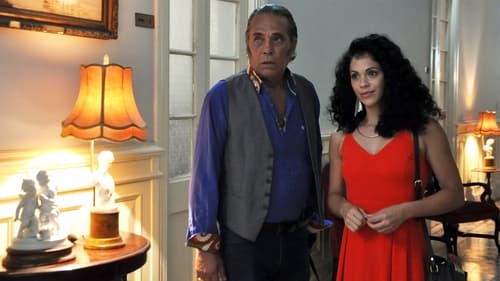
Juan Carlos Tabío
Ricki travels to Cuba after many years to meet his girlfriend Beatriz, but she has changed a lot; Claudia, in a desperate search for money to buy a house, tries to scam a drug dealer; and Celina, a necrophiliac prepares to spend a weekend with a corpse.. Three dark love stories that, thanks to various unforeseen events, will intertwine until they become the revelation of the plot of a film that at the end of the story illuminates the drug dealer.
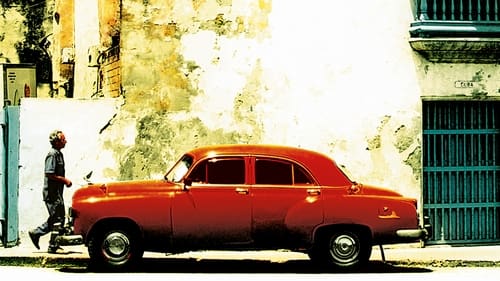
Director
A young American boy is trying to break into the acting business, and goes to Cuba during a film festival.

Amor Crónico follows Grammy-nominated, Cuban-born CuCu Diamantes as she embarks on a whirlwind tour of her home country. Interweaving glamorous live performances with a fictional romance, the film pays tribute to the history of cinema in surreal fashion. Backed by a high energy Latin soundtrack, Cucu's journey is a visual love poem to the sites, sounds, and people of Cuba.

Screenplay
An unclaimed fortune, grown for centuries in a British bank account, becomes a potential windfall for Bernadito Castiñeiras and the residents of the tiny village of Yaragüey, Cuba. To receive his massive inheritance check, Bernadito must prove his lineage to the Castiñeiras nuns who first populated the region. In an isolated and impoverished town where many residents share the same surname, a feud breaks out between the "Castiñeiras" and "Castiñeyras" families.

Director
An unclaimed fortune, grown for centuries in a British bank account, becomes a potential windfall for Bernadito Castiñeiras and the residents of the tiny village of Yaragüey, Cuba. To receive his massive inheritance check, Bernadito must prove his lineage to the Castiñeiras nuns who first populated the region. In an isolated and impoverished town where many residents share the same surname, a feud breaks out between the "Castiñeiras" and "Castiñeyras" families.

Interviewee
A look at the life and work of Cuban filmmaker Tomas Gutierrez Alea.

Director
Mercedes and Pedro, Cuban producers and screenwriters, travel to Spain to close an agreement with Alberto, a Spanish producer. Together, they try to make a film about Cuban reality. A movie about those who leave the island, those who return, but also those who still want to leave but cannot. A simple idea that will slowly become more complicated because Spaniards and Cubans have a very different point of view on this reality.
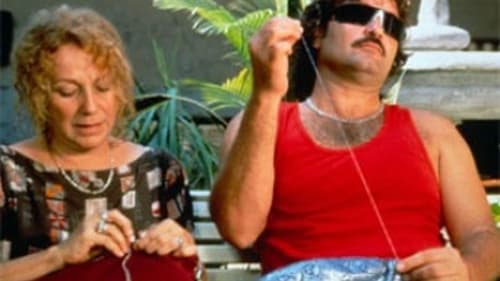
Writer
At a rundown bus station in rural Cuba, the line of passengers waiting just keeps getting longer. The problem is that every bus that passes by is already full. Their only hope is to wait for the station's bus to be fixed. As the disparate group settles in, relationships start forming between the passengers: Emilio, a young engineer, becomes smitten with a beautiful young woman who is en route to meet her Spanish fiancé, a blind man gets support from the others to go to the head of the line. Frustration and disorder reign when the one bus brakes down and no one can leave. Resigned to working together, the group magically transforms the station into a beautiful place where no one wants to leave.

Director
At a rundown bus station in rural Cuba, the line of passengers waiting just keeps getting longer. The problem is that every bus that passes by is already full. Their only hope is to wait for the station's bus to be fixed. As the disparate group settles in, relationships start forming between the passengers: Emilio, a young engineer, becomes smitten with a beautiful young woman who is en route to meet her Spanish fiancé, a blind man gets support from the others to go to the head of the line. Frustration and disorder reign when the one bus brakes down and no one can leave. Resigned to working together, the group magically transforms the station into a beautiful place where no one wants to leave.

Director
Documentary that celebrates 100 years of cinema in Latin America and talks about the origins and the development of cinema in this subcontinent. Its structure is based in 12 short films directed by various Latin American directors. These are: 1) "Los inicios", Iván Trujillo 2) "Cuando comenzamos a hablar", María Novaro 3) "Jugando en serio", Jacobo Morales 4) "De cuerpo presente [Las espirales perpetuas del placer y el poder] Cine Mexicano [1931- 1997]", Marcela Fernández Violante 5) "Cuando quisimos ser adultos", Edmundo Aray and David Rodríguez 6) "Cinema Novo", Orlando Senna 7) "Memorias de una isla, Juan Carlos Tabío 8) "Un grito, 24 cuadros por segundo", Julio García-Espinosa 9) "El día de la independencia", Federico García 10) "¿Sólo las formas permanecen?", Fernando Birri and Pablo Rodríguez Gauregui 11) "Todo final es un principio", Andrés Marriquín.
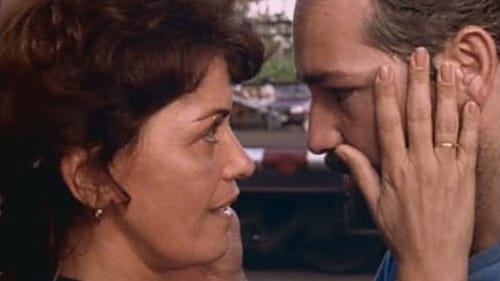
Director
During the 'Special Period', the members of a funeral procession cross paths with truckdrivers who have to take the same route, and begin to talk about God and the world. They discover that life for both groups has many similarities, as well as a lot of differences.

Writer
During the 'Special Period', the members of a funeral procession cross paths with truckdrivers who have to take the same route, and begin to talk about God and the world. They discover that life for both groups has many similarities, as well as a lot of differences.

Writer
After two years in jail, El Isleño returns to the island of La Fe, ruled by the dictator Francisco Gavilán. He arrives with a cinematograph and exhibits "Robin Hood" to the people. The next day the bridge that communicates La Fe to the mainland has been destroyed, and the people plan to overthrow Gavilán.

Director
After two years in jail, El Isleño returns to the island of La Fe, ruled by the dictator Francisco Gavilán. He arrives with a cinematograph and exhibits "Robin Hood" to the people. The next day the bridge that communicates La Fe to the mainland has been destroyed, and the people plan to overthrow Gavilán.
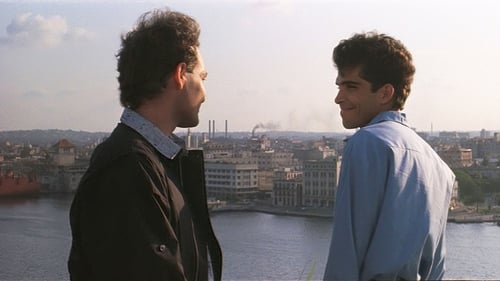
Director
Havana, Cuba, 1979. Flamboyantly gay artist Diego (Jorge Perugorría) attempts to seduce the straight and strait-laced David, an idealistic young communist, and fails dismally. But David conspires to become friends with Diego so he can monitor the artist's subversive life for the state. As Diego and David discuss politics, individuality and personal expression in Castro's Cuba, a genuine friendship develops between the two. But can it last? Strawberry and Chocolate became an instant hit when it was released, and has become a classic of Cuban cinema due to its charming and authentic exploration of a connection between two people under historical circumstances that seem levelled against them.

Director
A superstitious middle-aged woman falls in love with a taxi driver, while trying to learn the identity of the unseen person tossing eggs at her.

Director
A surrealist dolly shot. The thesis of the film seems summarized in which the character played by Frank Gonzalez (the fictional director of the film within the film) confesses to end his interviewer: "This film wants the viewer to reflect on the deceptive appearances can be."

Director
Gloria, Yolanda's mother, exchanges their old house in Guanabacoa for a modern apartment in Vedado to keep Yolanda away from her boyfriend, but her plans soon backfire.

Writer
A theater director and script-writer falls for a female worker from the Havana docks, but his machismo, social and working conflicts, and the Cuban woman's condition interfere with their relationship.





